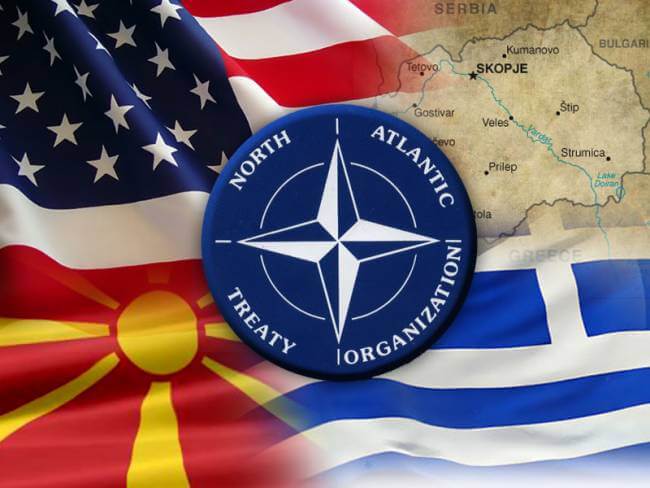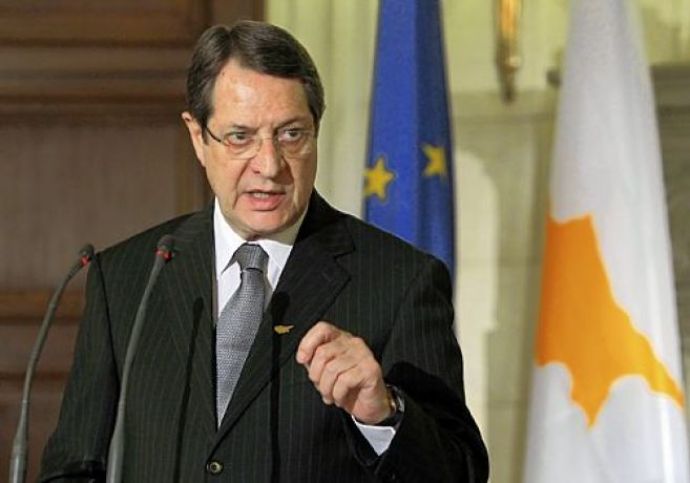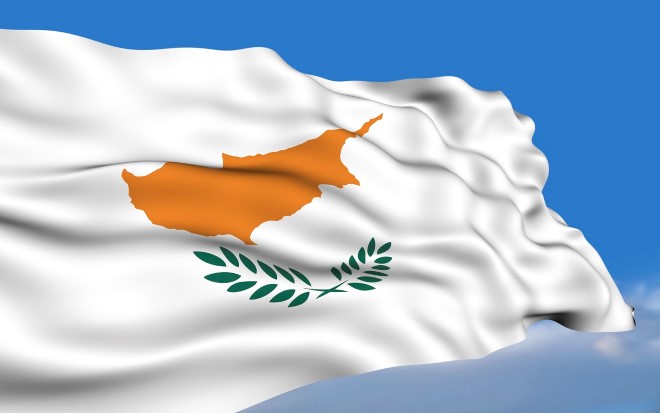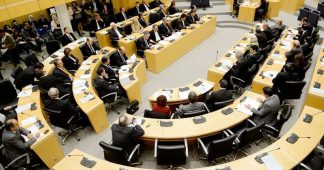By Sotiris Dimopoulos
Following Syriza’s election victory, a year ago, some Western leaders and media pundits began to speak of the party’s dangerous foreign policy pursuits. The government’s expressed interest in the strengthening Greek-Russian relations, as well as relations with China, in an apparent effort to find some way to boost the Greek economy, had provoked almost hysterical reactions. A loan from Russia or China seemed a more favorable alternative to any new eurozone bailout with all its unpopular measures and reforms attached. Just before his inauguration as Prime Minister on January 26, Tsipras first held meetings with the Russian and Chinese ambassadors in Athens. Putin met Tsipras two times in Russia and energy minister Panayiotis Lafazanis worked hard to deepen the relations between Greece and Russia in the energy sector.
For some, the fears of a Russia-Greece axis were real, and they drew support for their reasoning from the late Samuel Huntington’s thesis on “the clash of civilizations”, which asserts that orthodoxy places Greece in Russia’s camp. Moreover, a global survey by the Pew Research Center from September 2013, found that 63% of Greeks held favorable views of Russia. For about six months, during the negotiations with international creditors and the German leadership over reforms needed to avoid bankruptcy, foreign policy under Syriza was to be at odds with EU’s foreign policy on a broad range of issues, such as:
- EU sanctions against Russia over Ukraine – on becoming foreign minister, Nikos Kotzias questioned the rationale and effectiveness of EU sanctions against Russia over Ukraine.
- The reversal of an earlier Russian initiative for a pipeline to Europe called ‘‘South Stream’’ and a new gas pipeline to channel Russian gas to Europe through Turkey, and its replacement with an American initiative for a pipeline from Azerbaijan.
- A new “Annan plan” for Cyprus, under the auspices of NATO, which would eliminate the sovereignty of the Cyprus Republic while facilitating the creation of an energy triangle in the East Mediterranean linking Israel, Turkey and Cyprus.
- The recognition of Kosovo as an independent state, as Greece along with four other EU countries -Cyprus, Romania, Spain, and Slovakia—does not recognize the breakaway former Yugoslavian province.
- A solution to FYROM’s name, so that this country, along with Montenegro joins NATO at the Warsaw Summit (8-9 July, 2016).
Just a year after SYRIZA’s election victory, everything has changed. Western analysts’ fears proved to be unfounded. Greek-Russian relations have been frozen and Tsipras and Kotzias are intensively promoting American goals in the Balkan Peninsula and the Eastern Mediterranean region. All the above-mentioned issues are now heading for a “solution”, in accordance with American aspirations. Greece, under Tsipras, has turned into a most obedient servant of US geopolitical and geostrategic interests.
It is no surprise that US Vice President Joe Biden, during a meeting with Tsipras in Davos (20.1.16), hailed Greece’s role in promoting the solution of the Cyprus issue and FYROM’s name and welcomed the completion of the procedures concerning the Trans Adriatic Pipeline and the Greece-Bulgaria Interconnector.
Indeed, the Greek Ministry of Energy approved the planned route of the Trans Adriatic Pipeline on January 14 2016. The first volume of gas as part of this project will be transported to Europe in early 2020. In addition, Sofia and Athens on December 16 2015 signed a final investment agreement to build a natural gas pipeline (known as IGB) to help Bulgaria reduce its almost complete reliance on Russian gas supplies.
On Cyprus, an agreement is closer than ever. Nicos Anastasiades, under the guidance of US and British governments, is ready to go to a referendum for the new plan next summer. And on this issue Tsipras and Kotzias are supporting the American plans, insisting only on resolving the guarantees system, possibly replacing the defunct tripartite guarantor agreement of 1960 with NATO’s direct involvement.
On the dispute over FYROM’s name, the talks between Athens and Skopje are continuing under Matthew Nimetz’s mediation and Washington hopes that the elections in FYROM in April will have a positive effect towards creating a climate of trust for a mutually acceptable solution. On its part, the Greek government seems to be ready for any compromise, under the pressure of the migrant crisis. Noting that, FYROM has erected a fence on its Greek border in order to prevent the migrants from crossing its territory on their way to Northern Europe.
As regards Kosovo, Nikos Kotzias visited Pristina and welcomed the idea of opening an Office for Kosovo in Athens or Thessaloniki. After that, Serbia asked Greece to clarify the statements and Serbian FM Ivica Dacic said that any change in Greece’s policy towards Kosovo “would not accord with the friendly relations between Serbia and Greece, traditional allies”.
Tsipras follows NATO’s policy towards to Turkey on the migrant crisis too. He visited Ankara and held talks with Ahmet Davutoglu about the flow of migrants crossing from Turkey into Greece, effectively helped by Turkish authorities. The Greek PM is to meet with his Turkish counterpart in Izmir in February, while a second meeting has been scheduled to be held on the Greek island of Simi at a later date.
Finally, with Greece’s vote the European Union moved on December 18 to extend sanctions against Russia for another six months.
Here, undoubtedly, we have an unprecedented in the history of international relations rapid and complete about-face.
Some may assume that this turnabout was due to Tsipras’ total defeat in the negotiations with the creditors and the EU. As is known, in August, on the edge of financial ruin, Tsipras accepted austerity measures harsher than what previous governments were asked to implement.
This decision resulted in the departure of the Left Platform, sensitive on issues of national sovereignty, from the party while the Vice President, Yannis Dragasakis, praised the contribution of the USA in the negotiations with the following words: “I have to publicly thank the US Government and Mr. Obama for without their help and insistence that the deal has to include the debt issue and the prospect of development we may not have succeeded.
However, a careful observer could have noted that even in first semester of SYRIZA’s governance, American reactions remained calm. Washington showed no concern for the Russian adventures of the Greek Government. If this is not curious then what is. Just once the US intervened directly to the Greek provisional government in September. Then the United States had called on Greece to deny Russia the use of its airspace for supply flights to Syria.
The conclusion we reach is that from the outset the American factor was using the SYRIZA government to pursue its own interests, namely as an American and IMF Trojan Horse in the EU and lever for the americanization of the Balkans. The Greek people only now understand the game being played behind their backs, with the new destructive measures of the third Memorandum and the looming national defeats. The question is how much longer will Greek citizens tolerate this toxic stranglehold.











